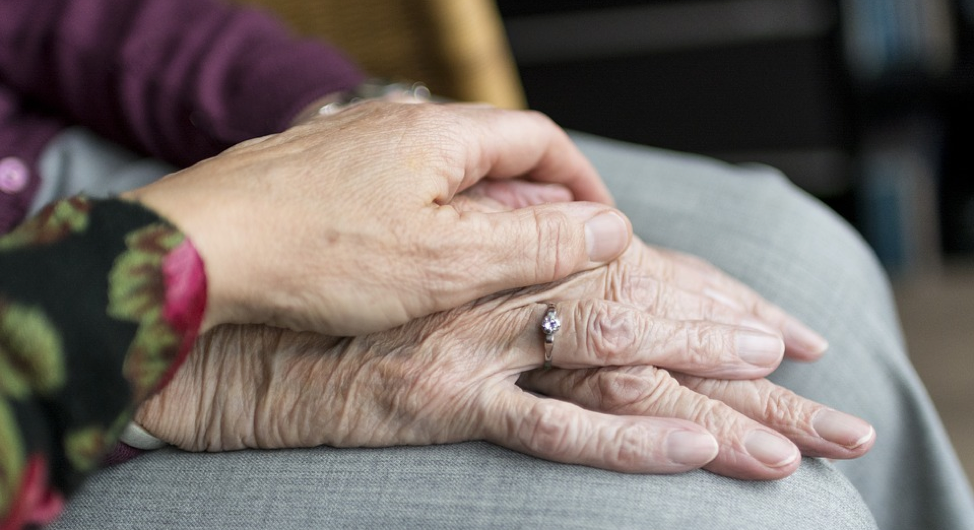 In Home Health Care
In Home Health Care
How to Best Support a Senior Loved One from…
- by Admin
Caring for an older friend or family member is challenging, especially when you’re trying to do so from far away. Thankfully, there are many ways you can support your senior loved one and keep tabs on health and happiness. Below is some practical advice for bridging the distance between you and the person you’re helping.
Medical Coverage
Ensuring your loved one has the medical coverage necessary to be safe and healthy is a key to good quality of life. Medicare is particularly useful in meeting that need. If your senior doesn’t already have Medicare in place, be advised the Medicare Annual Election Period is from October 15 through December 7. That’s the only enrollment period available, so seniors who need to get coverage or change their existing coverage must take action during that time.
Assemble Helpers
When you can’t be there to assist your senior in person, the next best thing is to connect with local friends and family members to create a support network. Plug everyone’s contact info into your phone, and investigate caregiving apps for organizing communication and data. It’s a great way to ensure there isn’t any duplication of efforts and that everyone is in the loop regarding changes in medical information or other concerns. You should also tap into local resources, such as faith organizations, charities, and professional programs designed to support seniors. The Area Agency on Aging can help investigate what is available.
In-Person Meetings
If at all possible, Care.com notes that it’s smart to meet those who are the hands-on caregivers in person. That includes nursing home staff and administrators, in-home health aides, doctors, and others your loved one is relying on. Even if you use some vacation time to make the trip, it’s a worthwhile investment in your peace of mind.
While you’re close, if your loved one is still living independently, take the opportunity to examine the house and touch base with your senior’s neighbors. Since those people are physically close, it stands to reason you might need to connect with them to check on your loved one or tend an issue. Learn who is able and willing, and who you would feel comfortable communicating with and relying on. Make sure the people who are helping you know you appreciate their efforts, too. A simple thank you note or gift basket can be a welcome expression of your gratitude.
House Checks
Whenever you make in-person visits, being alert to safety concerns should be a primary goal. NOLO suggests looking for tripping hazards and potential accessibility issues, such as hard-to-reach switches, outlets, doors, and countertops. Also, look for anything that needs altering or adapting to improve your loved one’s safety and mobility. One way to stay abreast of issues is to put technology to work for you by installing sensors in your senior’s home. These little gadgets are often unobtrusive, but they can alert you to things like whether your loved one took medication on time, is up for the day, or opened a window. If something seems awry or the normal routine isn’t being followed, you can receive a text and then check on things.
Emergency Contingencies
Establishing a plan for handling emergencies will help you keep calm and better navigate issues if they arise. Start with setting aside a travel fund, and inquire with your workplace about taking leave if you should need it. In the event of an emergency, it can be harder to think clearly and pay attention to details. To make things simpler, you should talk with your senior about where to find important papers and fill out a checklist together.
Caring for a loved one from afar can be tough. However, by ensuring your senior’s needs are met, and you are able to connect and communicate as needed, you can provide good support. Even though separated by distance, you can stay in touch and be an effective caregiver.



